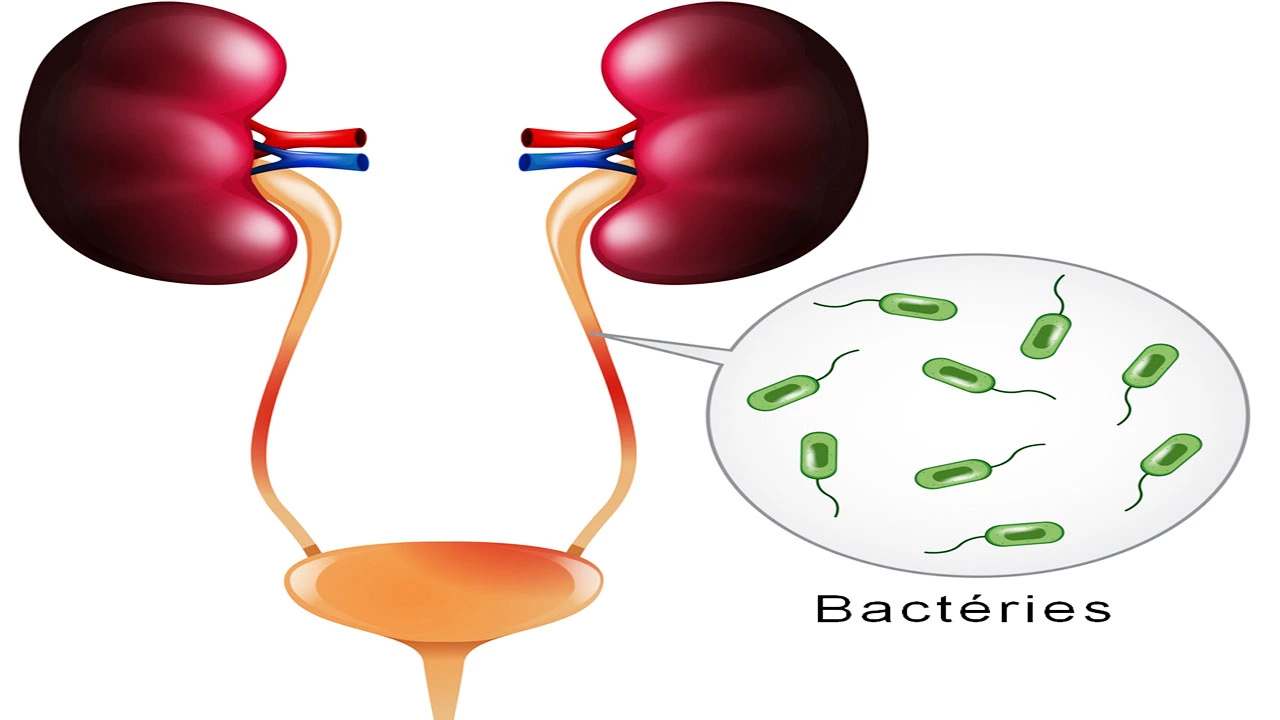Burning Sensation: What It Is, Why It Happens, and How to Ease It
If you’ve ever felt an odd heat or stinging feeling on your skin, inside your mouth, or even in your eyes, you know how annoying a burning sensation can be. It’s that sharp, uncomfortable feeling that makes you wonder if something is seriously wrong. The good news? Most of the time the cause is simple and you can calm it down at home.
Common Triggers of Burning Sensation
First, let’s figure out what might be lighting that fire. A few everyday things are guilty:
- Skin irritation: Sunburn, allergic reactions to soaps or detergents, and even a tiny cut can cause the skin to feel like it’s on fire.
- Food and drinks: Spicy meals, acidic fruits, or very hot beverages often leave a lingering burn in your mouth or throat.
- Medications: Some antibiotics (like doxycycline) or blood pressure pills (such as captopril) list “burning sensation” as a side effect.
- Nerve issues: Conditions like neuropathy or shingles can send burning signals down an arm, leg, or face.
- Environmental factors: Dry air, wind, or prolonged exposure to chemicals can strip moisture and spark a burn feeling.
If you can match any of these to what you’ve been doing lately, you’re probably on the right track. Identifying the trigger is half the battle because it tells you where to focus your fix.
Effective Ways to Soothe the Burn
Now that you know why it’s happening, here are some quick steps you can try:
- Cool water rinse: Run cool (not icy) water over the affected area for a minute. It lowers temperature and calms nerves.
- Gentle moisturizers: For skin, use fragrance‑free lotions or aloe gel. They restore moisture without adding irritation.
- Saltwater gargle: If your throat feels like it’s on fire after a spicy meal, dissolve half a teaspoon of salt in warm water and sip slowly.
- Avoid triggers: Skip the hot sauce, skip harsh soaps, and give any new medication a few days to see if the feeling fades. Talk to a pharmacist if the burn persists.
- OTC pain relief: Ibuprofen or acetaminophen can reduce inflammation that sometimes fuels the burning sensation.
- Humidify dry air: A small humidifier in your room adds moisture and helps skin and nasal passages feel less raw.
If you’ve tried these tricks for a couple of days and the burn is still there, it’s time to get professional help. Persistent burning can signal infection, an allergic reaction that needs medication, or nerve damage that requires a specialist.
When you call your doctor, be ready to tell them:
- The exact location of the sensation (skin, mouth, eyes, etc.)
- How long it’s lasted and if it gets worse at certain times
- Any recent medications, foods, or exposures you suspect
- If you notice other symptoms like swelling, rash, fever, or numbness
This information speeds up diagnosis and helps your doctor recommend the right treatment—whether it’s a prescription cream, an adjustment to your meds, or a nerve‑blocking therapy.
Bottom line: A burning sensation is rarely a mystery. Spot the cause, use cool relief methods, and know when to reach out for medical advice. With these steps you can put out that uncomfortable fire and get back to feeling normal again.
Burning Sensation when Urinating: What You Need to Know
Experiencing a burning sensation when urinating can be quite alarming. It's often a symptom of a urinary tract infection (UTI), but it could also indicate other conditions such as sexually transmitted infections or kidney stones. It's crucial to pay attention to other symptoms such as fever, back pain, or cloudy urine to help determine the cause. If you're experiencing this issue, it's advisable to consult a healthcare provider promptly for diagnosis and treatment. Remember, it's always better to be safe than sorry when it comes to potential health issues.
